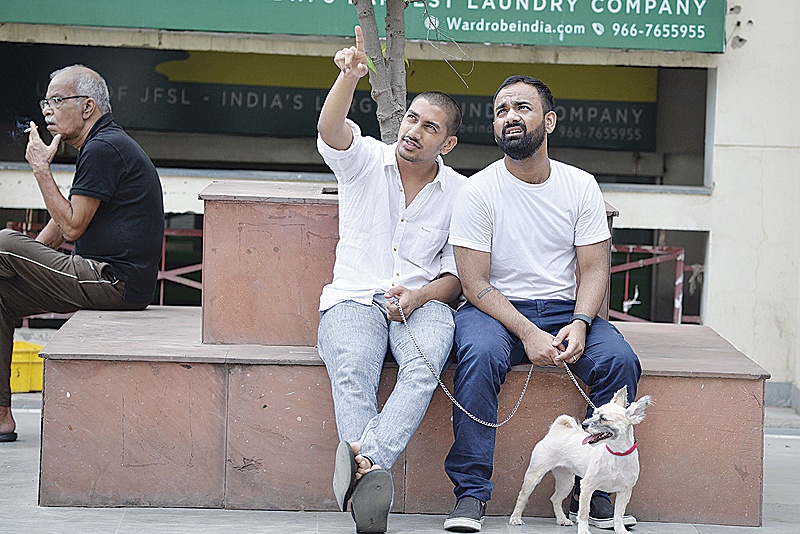Year after India gay ruling, a battle to change attitudes
GURGAON, India: Vivek Kishore and Vishwa Srivastava hit it off soon after meeting at a cafe, little knowing what lay in store for them as a gay couple in India where homosexuality was a criminal offence until a year ago. The couple's worst fears came true when they were slapped, abused and threatened with police action by none other than Kishore's parents, who found out they were living together.
But life changed for the duo a year ago on Friday when India's Supreme Court overturned a British colonial-era law that had criminalized gay sex as "against the order of nature". Hundreds of people had been prosecuted under the law, known as Section 377, which was often used to threaten, abuse and blackmail members of the LGBTQ community.
"It was huge, it was like getting independence… My immediate thought was both of us can have sex, that's not criminal anymore," gushed Kishore. "Legally there is nothing that my homophobic family can do now against me," the 24-year-old said, locking eyes and toes with his partner at their home in Gurgaon on the outskirts of New Delhi.

Battle for equality
The decades-long legal fight to legalize gay sex began in India in the 1990s when arranged marriages were the norm, with families carefully choosing a partner for their children from the same religion, caste and status. The community won a big reprieve in 2009 when the Delhi High Court ruled that the law could not be applied to consensual sex. But orthodox Hindu, Muslim and Christian groups challenged it in the Supreme Court, which then restored the law in 2013.
The LGBTQ community, however, refused to give up and in 2016, a group of high-profile petitioners including a gay dancer and a chef again approached the Supreme Court. They were joined by others and the court began hearing emotional arguments from a community long ostracized in a country that remains socially conservative. "It's very important that people who have a voice should use it because it's not easy (to come out)," said Anjali Gopalan, one of the petitioners and a gay rights activist.
Attitudes
Gopalan, however, admitted that just scrapping the law on September 6, 2018 was not enough and that the real change would only come when regressive attitudes change. In the past year, there have been tentative signs that Indian society is becoming more relaxed about homosexuality. Gay characters have featured in a popular online series as well as a Bollywood film, while more restaurants and cafes are declaring themselves gay-friendly.
In May, sprinter Dutee Chand became a trailblazer by becoming the first Indian athlete to reveal she is in a same-sex relationship. Pride marches were held across India with much gusto in June as students and members of the civil society joined to show their solidarity to the community.
Colorful wedding
Kishore and Srivastava got married in a colorful Hindu ceremony in 2017, even before Section 377 was scrapped, but their union has no legal standing. "Our life is like any other straight couple but still we can't claim any spousal benefits like healthcare and property rights," said Srivastava, an educator. "If one of us, heaven forbid, dies then we can't even claim each other's bodies. It's so disturbing."
Srivastava's mother, Priti, has stood by him in his quest for rights, braving barbs from relatives and nosy neighbors. "The law may have gone but the social stigma is still there. I try not to worry about what people are saying behind my back but I know they are," she said. "But if you show you don't care if your child is gay or not, then others also don't care."-AFP

